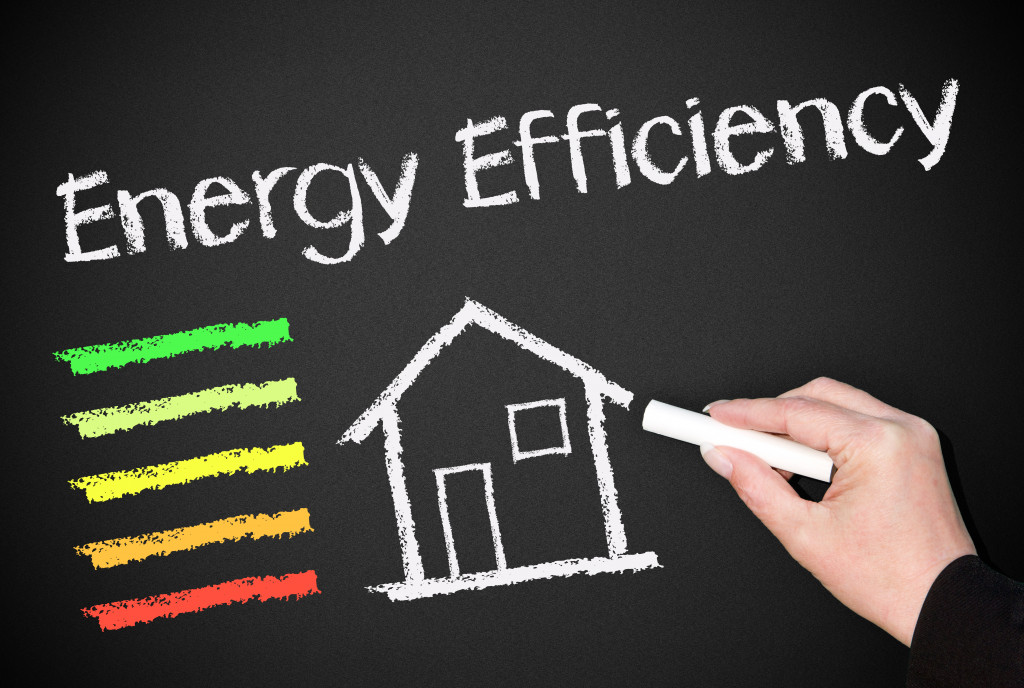Many homeowners feel the squeeze of increased costs and are looking for ways to save. Most people know the basics of saving on their home costs, such as turning off lights when they leave a room, but there are other ways to save that can make a big difference in your monthly budget. Especially if you have a family, every little bit counts. Here are some practical tips for saving on home costs.
1. Educate your family about conserving energy.
Your family can be your biggest ally in conserving energy and saving money. Teach your kids to turn off lights when they leave a room and to close doors to unused rooms. Show them how to unplug appliances when they’re not in use. And, lead by example!
It would be best if you also created a family rule about not using electronics in common areas, such as the living room or kitchen. This can not only help you save on your electric bill, but it can also encourage your family to spend more time together. You want to ensure that your family is on board with your efforts to save money, so take the time to educate them about why it’s essential.
2. Use energy-efficient appliances and light bulbs.
One of the easiest ways to save on your energy bill is to switch to energy-efficient appliances and light bulbs. Energy-efficient appliances use less energy, which means they’ll save you money on your electric bill. Energy-efficient light bulbs also use less energy and last longer than traditional light bulbs.
You can also switch from gas to electric appliances. This may not be an option for everyone, but electric appliances are typically more energy-efficient if you have the choice. For example, your stove and water heater use a lot of energy, so switching to electric models can help you save money. It also eliminates the need for a gas line, which can be a significant saving if you’re not already using one.

3. Use a programmable thermostat.
The temperature in your home has a significant impact on your energy bill. During the winter, you want to keep your home warm but don’t want to waste energy by keeping it too warm. A programmable thermostat can help you find the perfect balance. You can set it to lower the temperature when you’re not home and raise it again when you are.
You can usually find programmable thermostats at your local hardware store, which are not too expensive. They’re easy to install and can make a big difference in your energy bill. You may even be able to find a smart thermostat, which you can control with your smartphone. This is an excellent option if you’re away from home often.
4. Use natural lighting.
Whenever possible, take advantage of natural lighting. During the day, open your curtains and let the sunshine in. This can help you save on your energy bill and is also good for your health. Exposure to natural light can improve your mood and boost your energy levels.
Installing solar panels can also help you take advantage of natural lighting. Solar panels can provide power for your home, and they can also heat your water. This means that you’ll use less energy, and you’ll save money on your energy bill. Look for solar panel rebates in your area to help offset the cost.
5. Educate yourself about energy-saving tax credits.
You may be able to save money on your taxes by taking advantage of energy-saving tax credits. These credits are available for various energy-saving home improvements, such as solar panels, energy-efficient windows, and insulation. The amount of the credit varies depending on the type of improvement, but it can be significant.
You can learn more about energy-saving tax credits by visiting the Internal Revenue Service (IRS) website. The IRS website has a lot of helpful information and is easy to navigate. You can also talk to your tax advisor about energy-saving tax credits and how they can benefit you.
6. Weatherproof your home.
Lastly, ensure that your home is well-insulated and weatherproofed. This can help you save on your energy bill because it will keep your home cooler in the summer and warmer in the winter. It’s also a good idea to weatherproof your home if you live in an area that experiences extreme weather conditions.
You can weatherproof your home yourself, or you can hire a professional. If you do it yourself, follow all the instructions carefully. Look for weatherproofing products that are easy to install and work well in your climate. You may also consider adding awnings or solar screens to your windows. These can help keep your home cool in the summer and reduce your energy costs.
Saving on your energy bill doesn’t have to be complicated. Following these simple tips can make your home more energy-efficient and save money. Educate yourself about energy-saving tax credits, use natural lighting, and weatherproof your home to keep your energy costs down. These tips can help you save money and make your home more comfortable.

